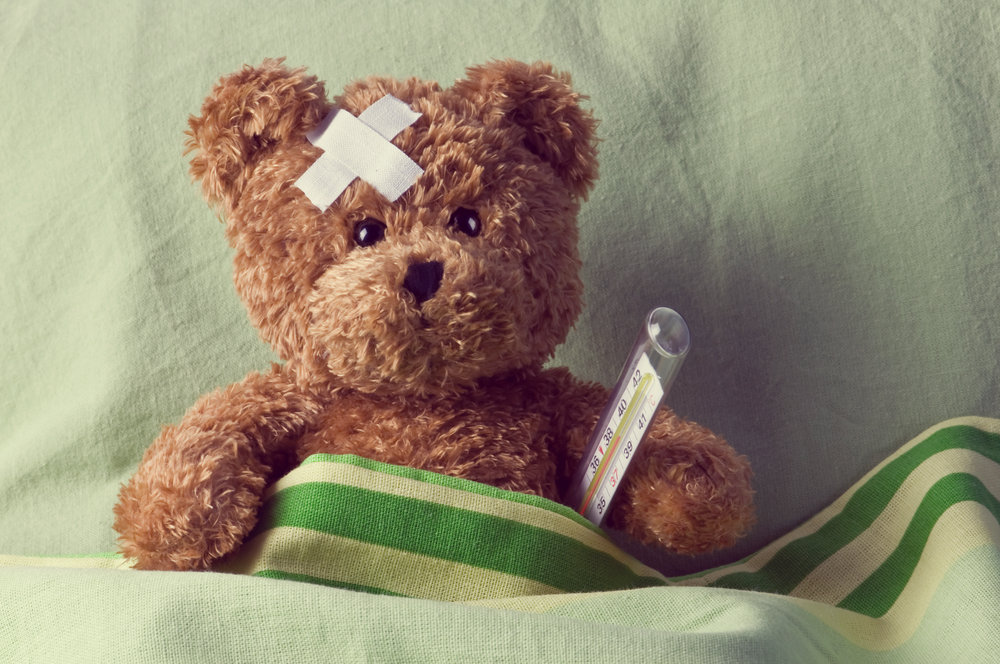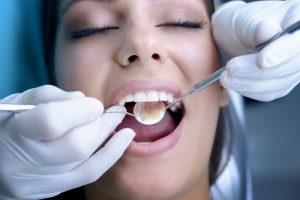
Tooth enamel is the strongest substance in the human body, however, it is not completely invincible. Through bad oral hygiene, accidental damage or hard foods, tooth enamel can become chipped, cracked, or in worse case scenarios, the tooth can be completely knocked out.
Enamel has no living cells so the body is unable to repair chipped or cracked teeth itself. This is why it is important that if you or someone in your family experiences a dental emergency you follow the right precautions in order to cause the least amount of damage and stress.
In this short blog on dental emergencies, we’ll answer the question of “what is a dental emergency” as well as listing some of the most common dental emergencies you may experience and how you should cope with them if they ever arise.
What is a Dental Emergency?
A dental emergency involves severe dental trauma or pain. Common examples of a dental emergency are:
- A tooth being knocked out or dislodged
- A tooth being cracked or chipped
- Excessive bleeding in the gums and mouth
- Severe toothache
- Abscesses or swellings which cause severe pain and discomfort
Please remember that it’s critical for a dental emergency to be addressed as soon as possible in order to prevent long-term damage and more severe trauma from developing.
For patients experiencing a dental emergency, you can contact one of our surgeries directly or phone NHS 111 if the emergency happens out of hours.
Severe Toothache
Toothache is the pain you can experience in and around your jaw and teeth. Toothache can feel different and ranges from constant dull pain to shooting, more intense pain. It can also be caused by a number of different reasons, including sensitivity, tooth decay and gum disease.
If your toothache has lasted more than one or two days then you should make an emergency appointment to visit your dentist to have it checked and to find out its cause.
If your toothache is caused by dental decay and you leave it untreated then your tooth will become infected, leading to severe pain and in some cases, you will require root canal treatment to save the tooth from extraction.
To aid your toothache whilst you wait to see the dentist you can take painkillers, such as ibuprofen and paracetamol. You can also hold a cold compress to the outside of your cheek. You should not hold anything cold directly on your tooth as this can make the pain worse.
Chipped or Broken Tooth
If you have chipped a part of your tooth and have managed to recover it, you should store the fragment in a clean container filled with your saliva or milk until you are able to visit a dentist.
Your dentist may be able to reattach the fragment back onto your tooth. You should also make sure to rinse your mouth out with warm water and apply pressure with a piece of gauze to the area if your mouth is bleeding.
If your dentist is unable to reattach your own tooth, they will replace it with a filling or crown depending on which tooth it is that is chipped. If the chip has occurred and broken half way down your tooth then you may have damaged the nerves. These instances can become very serious as damaged pulp can become infected.
Knocked Out or Dislodged Tooth
If your tooth has been completely knocked out it is very important that you treat it with care – only handling it by the crown (white part at the top) and avoid touching the tooth’s root. If the tooth is dirty, you should avoid brushing or scraping it and instead rinse it with milk or saline (salt water) – not water or alcohol.
You should attempt to put the tooth back in the socket as soon as possible and once it is in place bite down on a clean piece of fabric such as a handkerchief to keep it in place.
If you are unable to place the tooth back in its socket you should keep it in a clean container filled with either your own saliva or milk until you are able to visit a dentist. Like a chipped tooth, you should also make sure to rinse your mouth out with warm water and apply pressure with a piece of gauze to the area if your mouth is bleeding.
This advice is only for adult teeth. If your child’s baby tooth falls out, you should not try and reinsert it as their adult teeth will grow in as a replacement.
Tags: " tooth knocked out, bad toothache, broken tooth, chipped front tooth, chipped tooth, cracked tooth, dental emergency, dental health, fix chipped tooth", front tooth knocked out of place, really bad toothache, severe toothache, severe toothache pain relief, severe toothache remedy, tooth in milk, tooth knocked loose


Great information I really like it